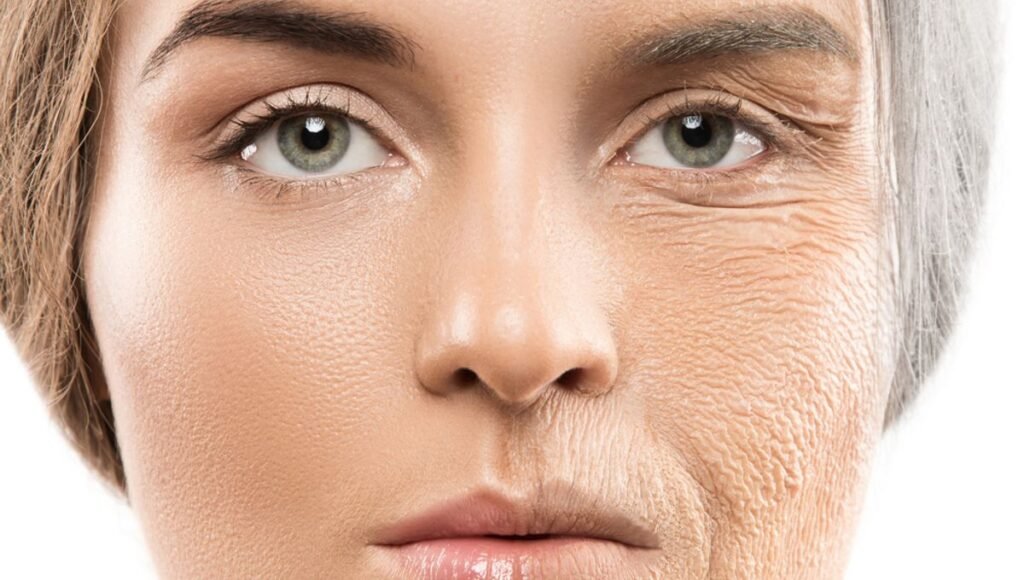Harvard researchers claim they’ve found anti-ageing chemical. Harvard scientists have discovered a mix of medications that could be blended into a tablet that could reverse ageing.
A study named “Chemically induced reprogramming to reverse cellular aging” was published by the researchers in the journal Aging on July 12th.
The team discovered six chemical cocktails which reversed the ageing process in both human and mice skin cells “by several years”.
Also read: Harvard Astrophysicist says he found alien tech from a meteor: Report
Harvard researcher David Sinclair also explained the same in a Twitter thread and wrote, ”Grateful to share our latest publication: We’ve previously shown age reversal is possible using gene therapy to turn on embryonic genes. Now we show it’s possible with chemical cocktails, a step towards affordable whole-body rejuvenation.”
Harvard researchers claim they’ve found anti-ageing chemical, check the Tweet:
Grateful to share our latest publication: We’ve previously shown age reversal is possible using gene therapy to turn on embryonic genes. Now we show it’s possible with chemical cocktails, a step towards affordable whole-body rejuvenation 1/17 https://t.co/J9c01lv5FQ
— David Sinclair (@davidasinclair) July 12, 2023
Notably, each chemical cocktail contains five to seven substances, many of which have been used to treat different physical and mental illnesses.
He went on to say that he and his colleagues at Harvard Medical School spent over three years looking for chemicals that could be combined to reverse cellular ageing and rejuvenate human cells.
”Studies on the optic nerve, brain tissue, kidney, and muscle have shown promising results, with improved vision and extended lifespan in mice and, recently, in April of this year, improved vision in monkeys,” the researcher further tweeted.
”Preparations for human clinical trials of our first age reversal gene therapy are ongoing,” Mr. Sinclair said, noting that the first human clinical trials are currently scheduled to “begin late next year,” assuming “all goes well.”
However, other scientists including a Harvard professor, have warned the study is “mostly hype and preliminary.”
